There’s a scene in the film when Jake asks if Yang wanted to be human and Haley Lu Richardson’s character Ada explains that it’s very human to assume that was his desire. Why did you choose to verbalize this notion in that conversation?
I love some of those films that have that “Pinocchio” storyline, but I’ve often also wondered about that because as humans our sense of existence is such a struggle existentially and philosophically, like, “Why are we here?” And I’ve often thought, “Oh, robots don’t have to ask that question. They know their origin story.” Not knowing your origins can be really haunting for us. You wonder if it’s all meaningless. And so our human obsession to think that everybody wants to be human is something that I wanted to question. But also I was interested in that he wasn’t obsessed with being human, but that there was something more about his own sense of identity or his longing for place that felt, for this story, like the more interesting question. But I definitely wanted to circumvent that. It’s funny because, going back to your other question, it’s because we have created things that seem like they’re humans that maybe we imagine that they want to be fully realized. But I also know that we have pets, we have dogs and cats, and I never wonder if my cat wants to be human. They seem perfectly content being cats. I almost wish sometimes that I was a cat as opposed to being a human.
Tea is a very important element of Jake’s life, but it also feels like something ancestral contrasting with this delicately futuristic world. How did this very intimate approach to tea become part of the narrative?
I felt really moved by the way tea is described in the documentary from the 21st century, “All In This Tea,” that Jake quotes in Werner Herzog’s voice. So much of that conversation is also about what that pursuit even means. There’s something about it revealing our own sense of loss to nature. And there’s also the way in which certain kinds of processes or hobbies can create also a deeper sense of meaning, going back to this sort of struggle of being human. In some ways cinema is that for me, but I know with other friends it’s tea, it’s architecture, it’s so many things that we find to try to make sense of being modern in this world. At this point Jake has lost his love for tea and it has become a job and whatever meaning it gave he is struggling with in the moment. That’s also something I can identify with. And I’m sure you can too, like there was a moment where you and I loved films and it was unrelated to what we did for our job and then it becomes something more, and sometimes we can lose that thing that has been so compelling.
There’s also a visual element in the film, almost like tangible synapses, when Jake sees Yang’s memories that seems reminiscent to tealeaves simmering. How did you come this representation of the interface?
That’s really beautifully put. Talking about a future that has an organic quality to it, I did want to avoid a metallic, glass, industrial future and reimagine a future that had maybe already gone through that process and had had some sort of ecological catastrophe, and really needed to reorient as a human society a way to survive, and had been humbled in that way. In doing that, I wanted this relationship with nature. It wasn’t an abandonment of technology, but a kind of integration and not just as some trend, organics as an aisle on a grocery store, but really what would it mean if it was a vital part of surviving. Then I had to think about the interface of memory or technology where there was something that contained that same organic element. I didn’t want the interface of Yang’s memory to feel like a computer desktop with files and folders. I wanted it to stay a mystery to me. It’s a very astute observation that you make because I think Yang is longing for a sense of place. And we see it in that tea conversation and the way that tea connects us to the forest. I love that it’s almost as if his memories are trying to create a shape of space and place that he longs for. So there is a real relationship between the way that was designed and this conversation about and the longing for a sense of place.
You can view the original article HERE.


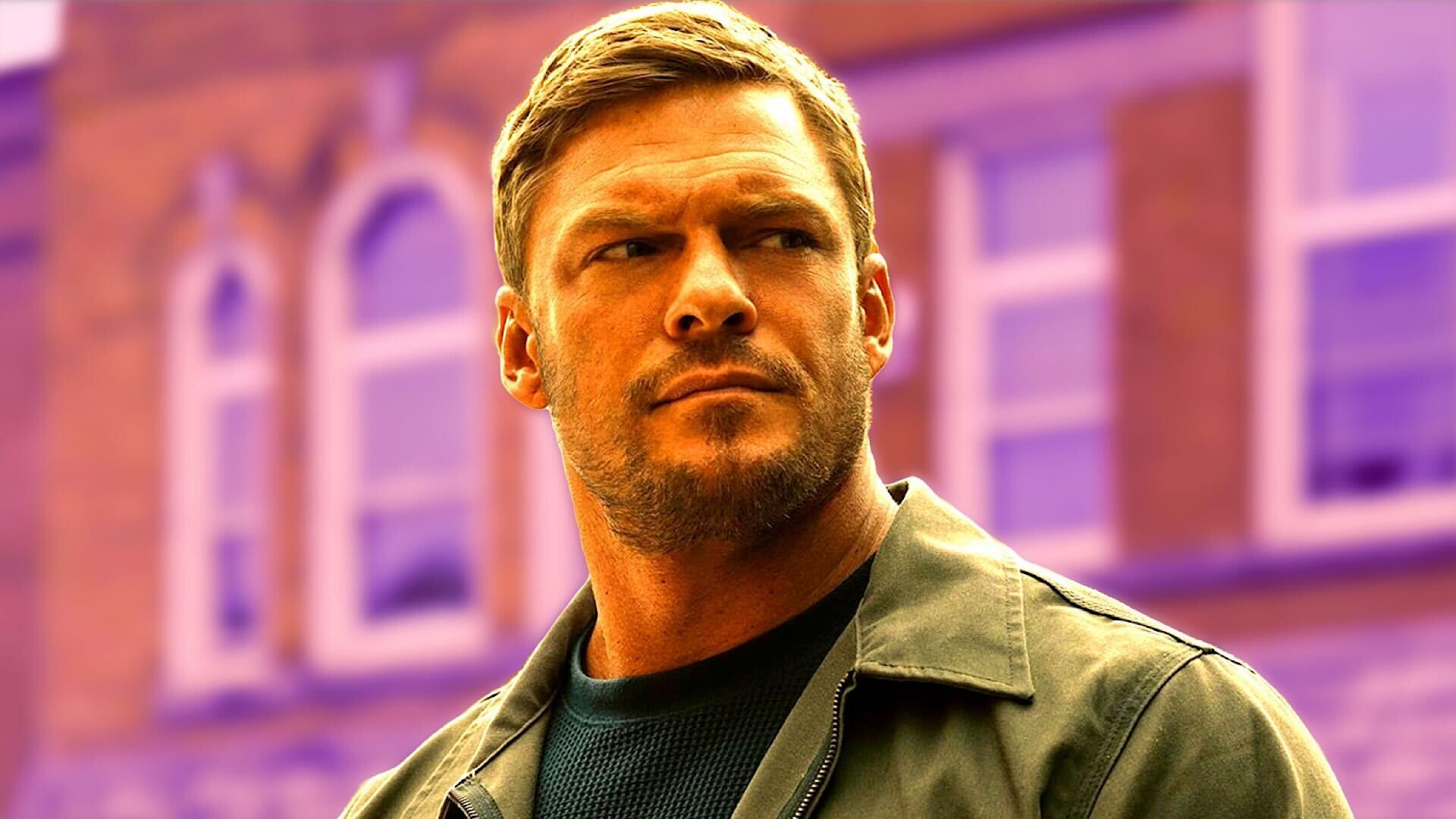

:quality(85):upscale()/2024/04/22/931/n/1922283/abb74e546626d4adbd7255.17882634_.jpg)

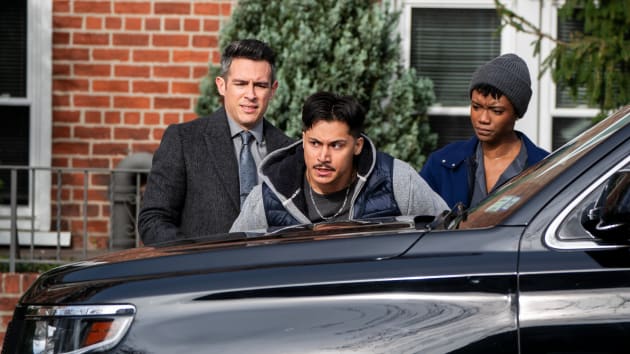

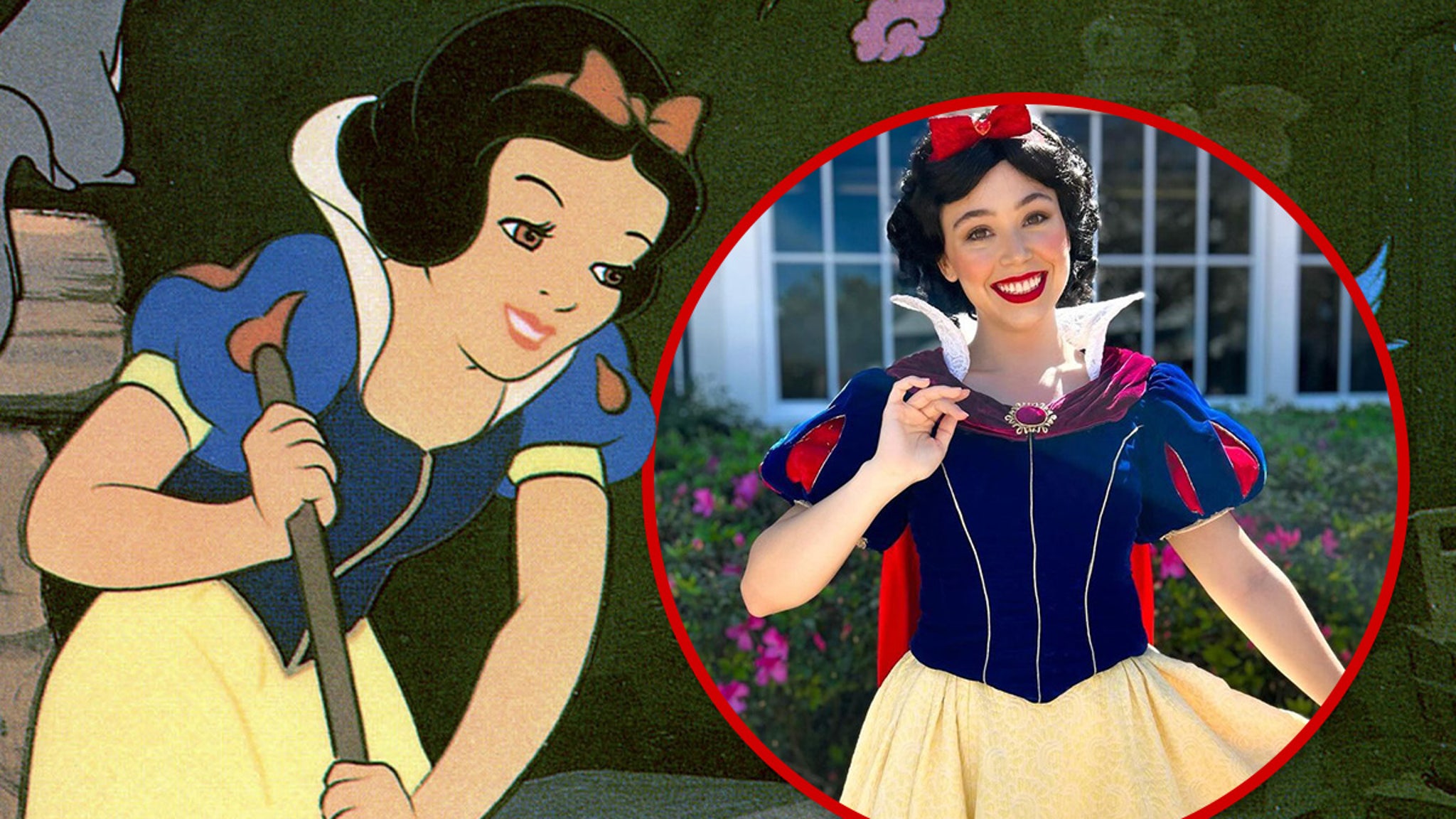




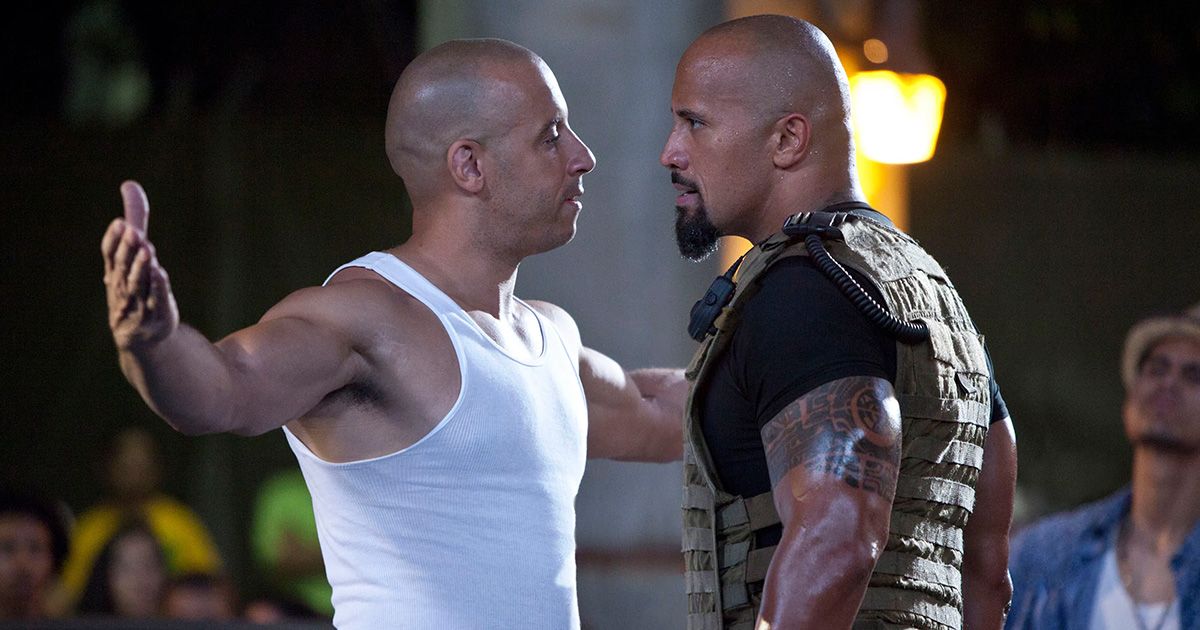










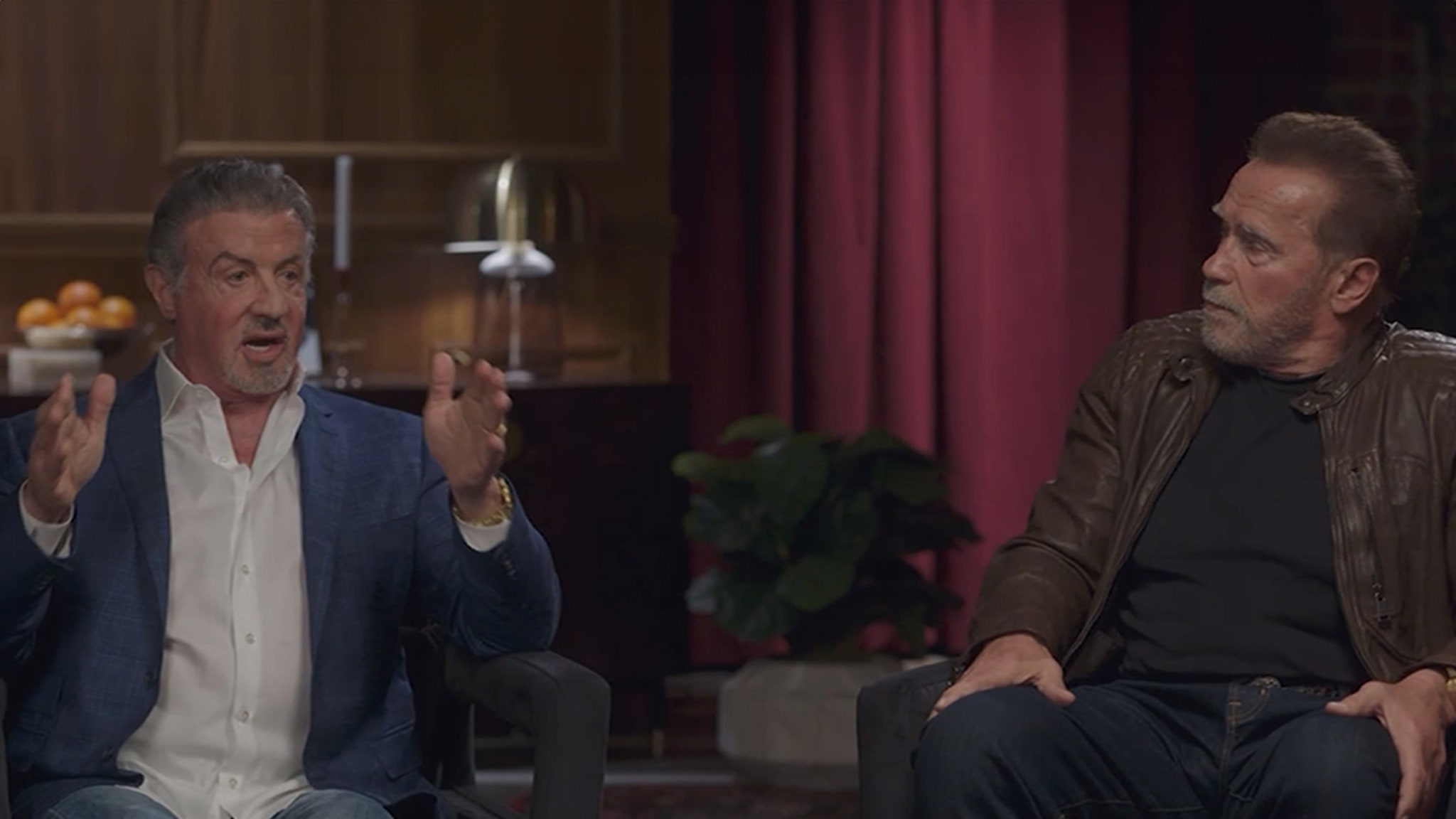

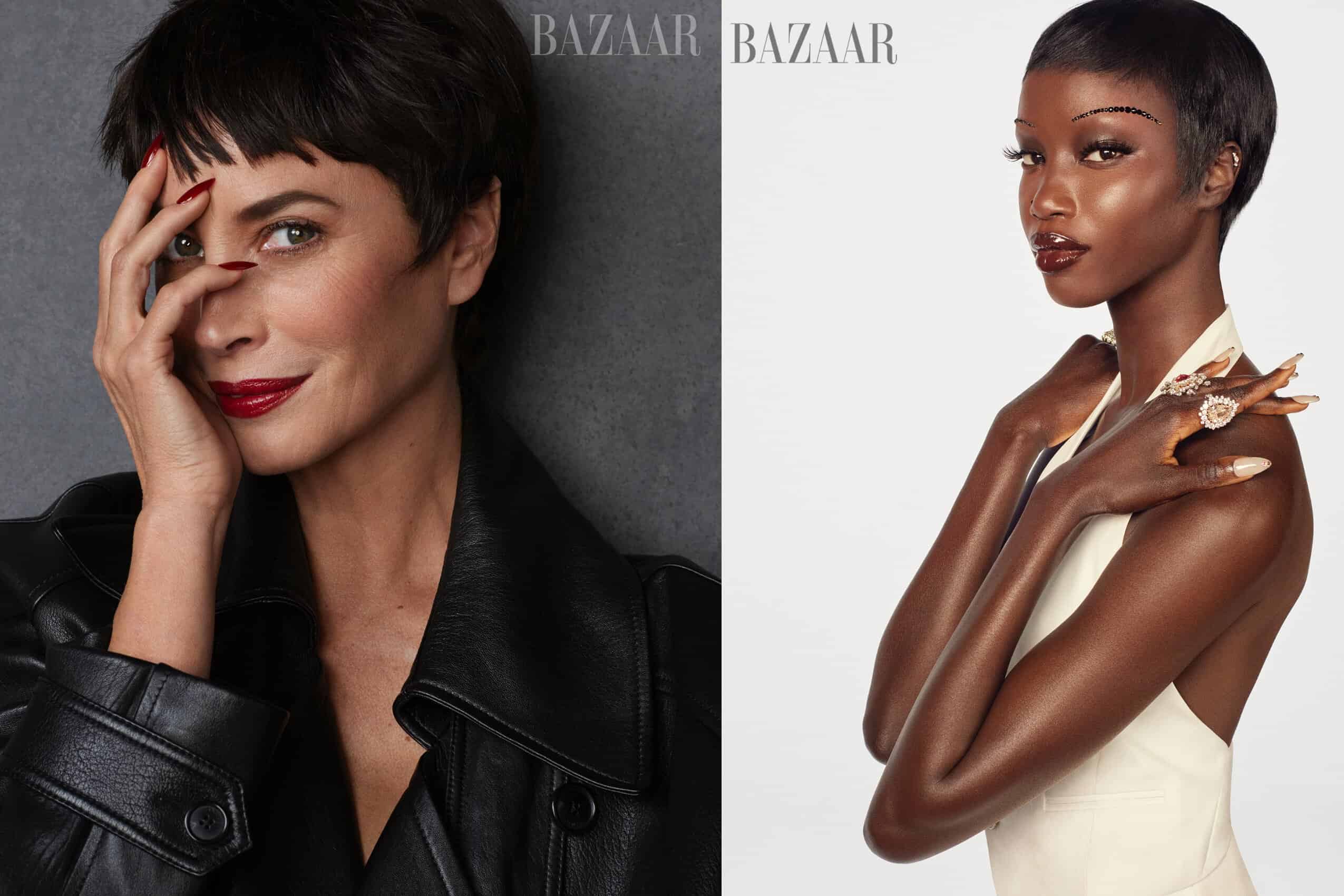
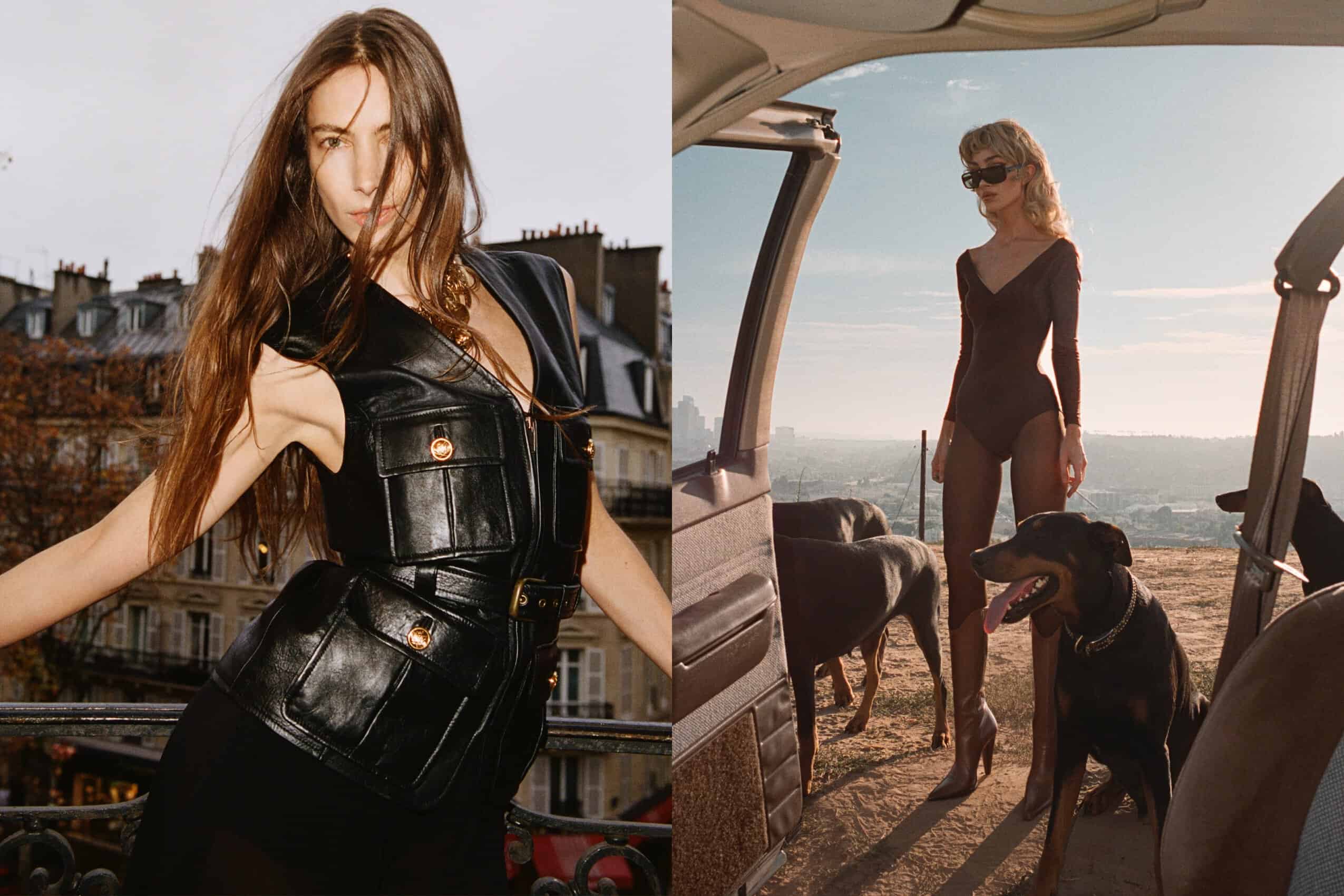
:quality(85):upscale()/2024/04/22/180/n/1922564/e053c58d662729043635a3.53124429_.jpg)
